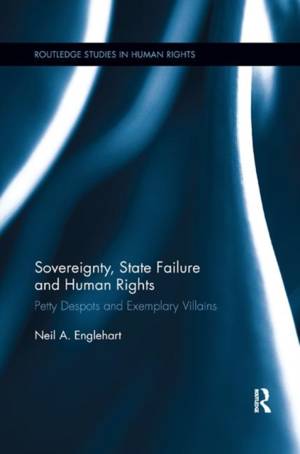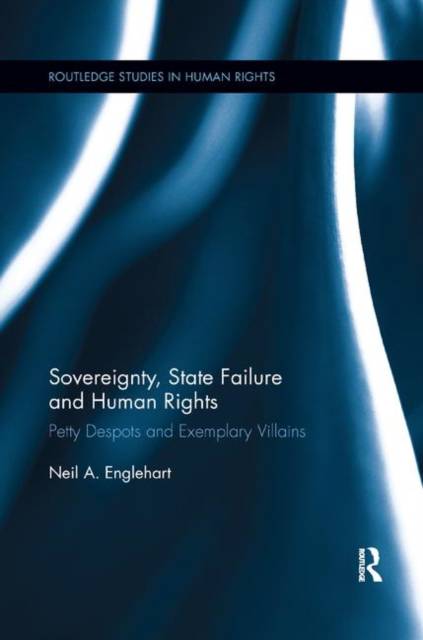
- Afhalen na 1 uur in een winkel met voorraad
- Gratis thuislevering in België vanaf € 30
- Ruim aanbod met 7 miljoen producten
- Afhalen na 1 uur in een winkel met voorraad
- Gratis thuislevering in België vanaf € 30
- Ruim aanbod met 7 miljoen producten
Omschrijving
This book argues that the effectiveness of the state apparatus is one of the crucial variables determining human rights conditions, and that state weakness and failure is responsible for much of the human rights abuses we see today. Weak states are unable to control their own agents or to police abuses by private actors, resulting in less accountability and more abuse. By contrast, stronger states have greater capacities to protect human rights; even strong authoritarian states tend to have better human rights conditions than weak ones.
The first two chapters of the book develop the theoretical connections between international law, sovereignty, states and rights, and the consequences of state failure for these relationships. The empirical chapters (Chapters 3-6) test the validity of these theoretical claims, employing a multi-method approach that combines quantitative and qualitative methods. Englehart uses case studies of Afghanistan, Burma/Myanmar and the Indian state of Bihar to analyze types and patterns of state failure, based on analysis of NGO reports, archival research, primary and secondary texts, and interviews and field research.
Examining what happens to human rights when states fail, the book concludes with implications for scholars and activists concerned with human rights. This book will be of great use to scholars of international relations, comparative politics, human rights law and state sovereignty.
Specificaties
Betrokkenen
- Auteur(s):
- Uitgeverij:
Inhoud
- Aantal bladzijden:
- 208
- Taal:
- Engels
- Reeks:
Eigenschappen
- Productcode (EAN):
- 9780367884604
- Verschijningsdatum:
- 12/12/2019
- Uitvoering:
- Paperback
- Formaat:
- Trade paperback (VS)
- Afmetingen:
- 156 mm x 233 mm
- Gewicht:
- 639 g

Alleen bij Standaard Boekhandel
Beoordelingen
We publiceren alleen reviews die voldoen aan de voorwaarden voor reviews. Bekijk onze voorwaarden voor reviews.











